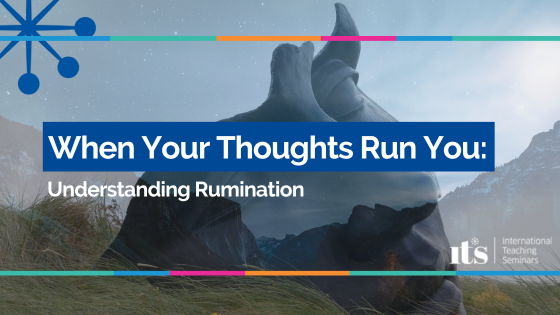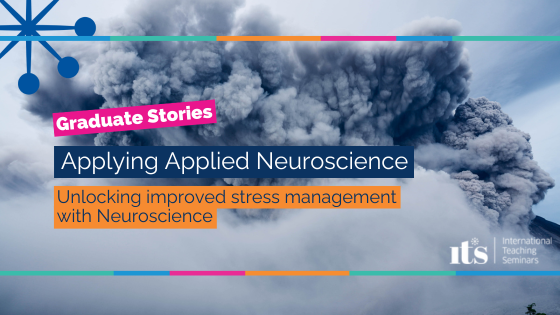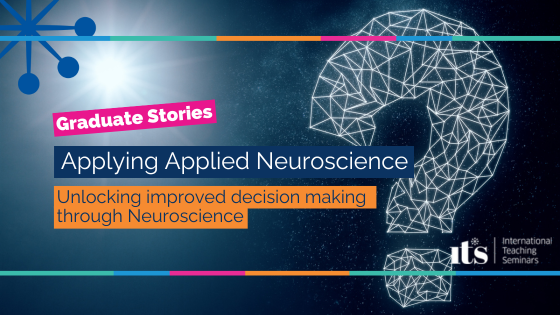We all know that sleep is important, without it we don’t function properly the next day and feel lethargic as a result. TIME magazine explains how new research has found that sleep is critical for your brain and health.

When our heads hit the pillow every night, we tend to think we’re surrendering. Not just to exhaustion, though there is that. We’re also surrendering our mind, taking leave of our focus on sensory cues, like noise and smell and blinking lights. It’s as if we’re powering ourselves down like we do the electronics at our bedside–going idle for a while, only to spring back into action when the alarm blasts hours later.
That’s what we think is happening. But as scientists are now revealing, that couldn’t be further from the truth.
In fact, when the lights go out, our brains start working–but in an altogether different way than when we’re awake. At night, a legion of neurons springs into action, and like any well-trained platoon, the cells work in perfect synchrony, pulsing with electrical signals that wash over the brain with a soothing, hypnotic flow. Meanwhile, data processors sort through the reams of information that flooded the brain all day at a pace too overwhelming to handle in real time. The brain also runs checks on itself to ensure that the exquisite balance of hormones, enzymes and proteins isn’t too far off-kilter. And all the while, cleaners follow in close pursuit to sweep out the toxic detritus that the brain doesn’t need and which can cause all kinds of problems if it builds up.
This, scientists are just now learning, is the brain on sleep. It’s nature’s panacea, more powerful than any drug in its ability to restore and rejuvenate the human brain and body. Getting the recommended seven to eight hours each night can improve concentration, sharpen planning and memory skills and maintain the fat-burning systems that regulate our weight. If every one of us slept as much as we’re supposed to, we’d all be lighter, less prone to developing Type 2 diabetes and most likely better equipped to battle depression and anxiety. We might even lower our risk of Alzheimer’s disease, osteoporosis and cancer.
The trouble is, sleep works only if we get enough of it. While plenty of pills can knock us out, none so far can replicate all of sleep’s benefits, despite decades’ worth of attempts in high-tech pharmaceutical labs.
Which is why, after long treating rest as a good-if-you-can-get-it obligation, scientists are making the case that it matters much more than we think. They’re not alone in sounding the alarm. With up to 70 million of us not getting a good night’s sleep on a regular basis, the Centers for Disease Control and Prevention considers insufficient sleep a public-health epidemic. In fact, experts argue, sleep is emerging as so potent a factor in better health that we need a societal shift–and policies to support it–to make sleep a nonnegotiable priority.
To read more from this article follow this link to TIME magazine




Leave A Comment